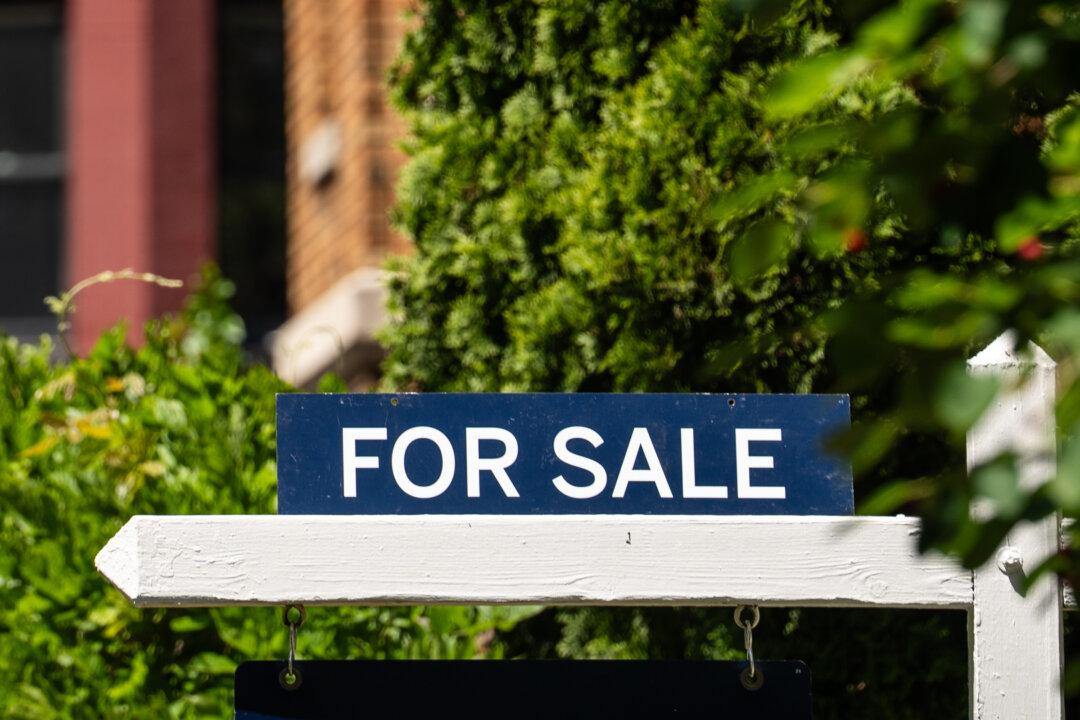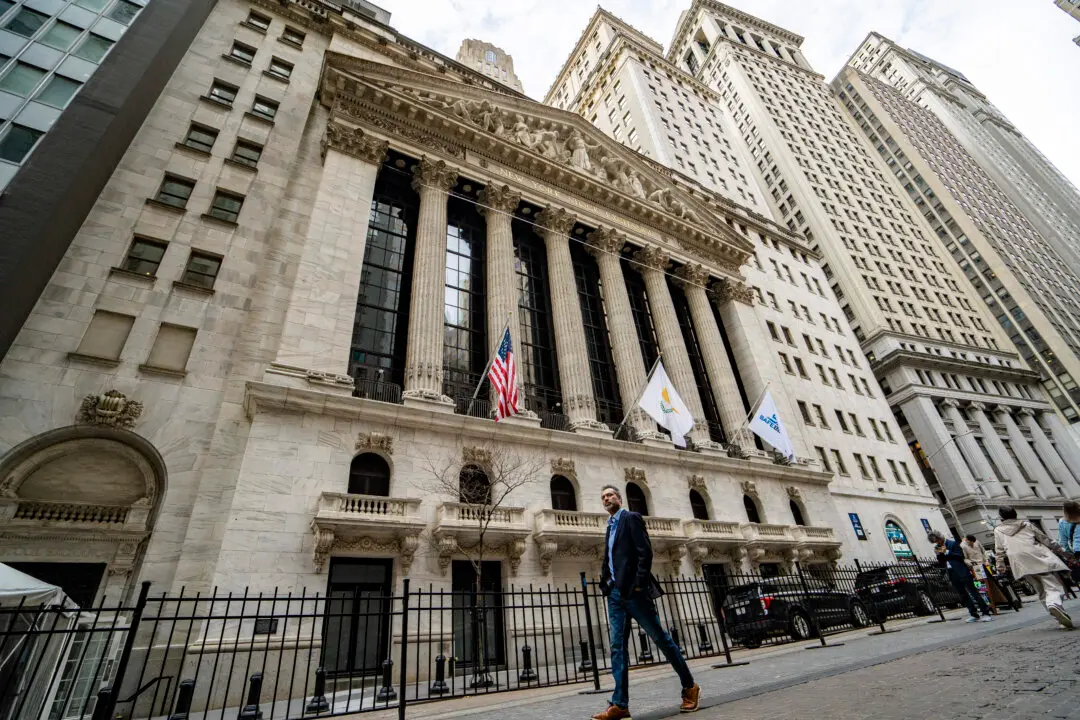For the first time in its history, the war in Ukraine is triggering fundamental questions about funds associated with the environmental, social, and governance (ESG) industry and its presence in Russia and China.
Following Moscow’s invasion of Ukraine—and China eyeing Taiwan—ESG fund managers are feeling a sense of consternation in this environment, industry observers say.





